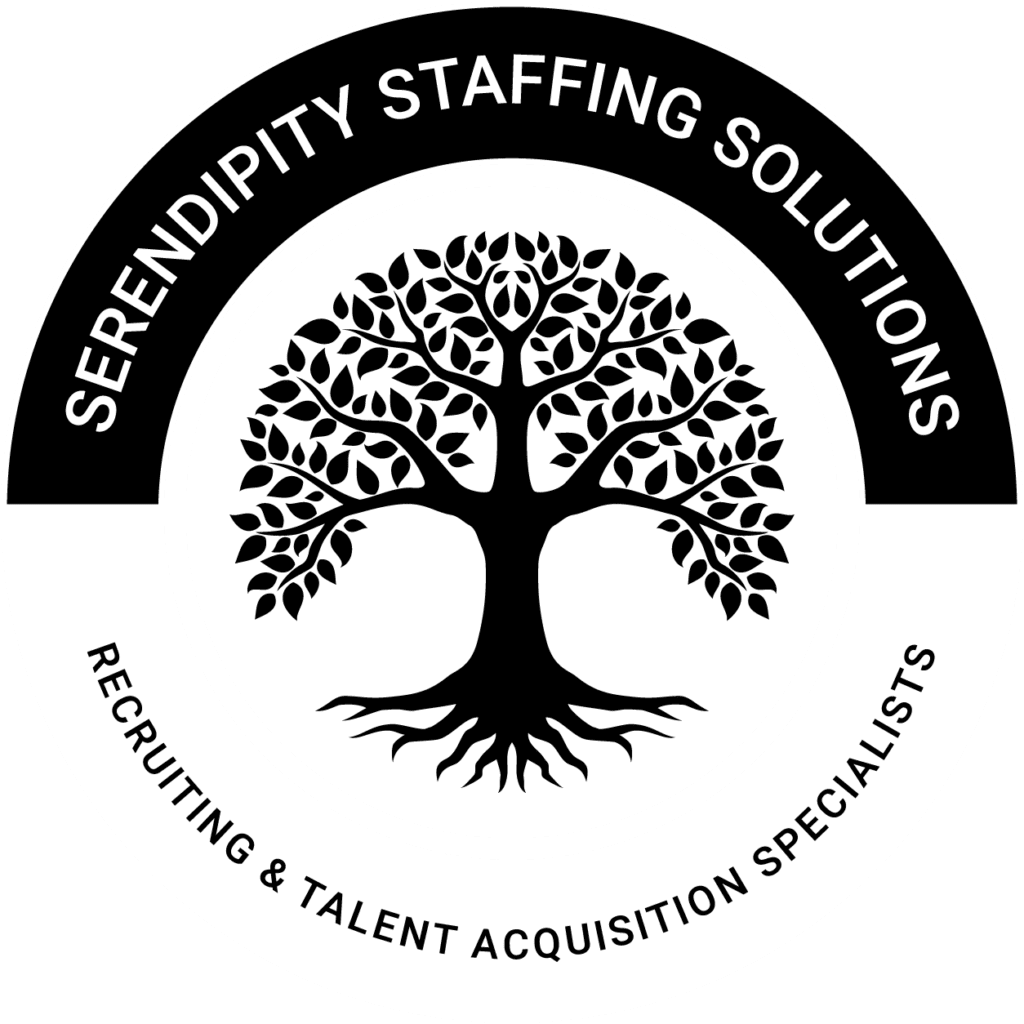
Resume Tips: Expert Advice for Writing the Perfect Resume
A resume is a vital marketing tool in today’s competitive employment market. It is imperative that the resume you submit for your job application be both well-written and professionally presented if you are hoping to get hired. But how can one make their Resume stand out from the rest? We’ll cover everything from what to include to how to style your Resume so that it stands out from the crowd. We review a lot of resumes at Serendipity Solutions Northwest LLC and we hope these tips help you compete in today’s employment market.
The Basics of a Great Resume
A superb Resume is one that gets straight to the point and is a breeze to read. When detailing your achievements, you should use action verbs to ensure there are no typos or grammatical mistakes and emphasize your key achievements. In order to get an interview for the job you want, your Resume has to be written in a way that shows off your relevant abilities and expertise in that field.
Don’t use “responsible for,” “tasked with,” or other generic languages in your Resume. In its place, you should provide specific details of your prior successes. Be careful to highlight your achievements, such as the % increase in sales you achieved at your previous employment, in your Resume.
If you want to impress a hiring manager, your Resume should be free of jargon or industry terms the reader needs more context for. Make sure you only use words that everyone can understand.
Lastly, always double-check your Resume for errors before sending it in. It’s crucial to proofread your Resume thoroughly to avoid giving the impression that you lack attention to detail and are unprofessional.
How to Write Effective Resume Content
Your resume has to include your contact details, employment experience, education, and abilities. However, some believe you may also include a summary statement or goal statement if you’d like but it is not always necessary depending on the job. It is not always necessary to include your home address on your resume until you have been offered a job as most companies that do not hire you do not send you mail as they typically decline your application by email or phone.
Beginning with your most recent job, write your way backward through your employment history to build up your experience. Include the firm name, your designation, the dates you worked there, and a short explanation of your duties for each position you’ve had. Instead of just listing off the tasks you were responsible for, emphasize the results you were able to achieve.
Include your high school, college, and university stops, as well as any relevant courses taken and certifications received. Include your grade point average (if it’s at least 3.0) and any courses that pertain to the position if you are currently in school or have just finished.
When listing your qualifications, include both technical abilities (like programming or foreign language proficiency) and more ephemeral qualities (like collaboration or communication) that may be applicable to the job you’re asking for. A distinct identity may be established if one has a great deal of relevant expertise.
Don’t use “responsible for,” “tasked with,” or other generic languages in your Resume. In its place, you should provide specific details of your prior successes. Be careful to highlight your achievements, such as the % increase in sales you achieved at your previous employment, in your Resume.
If you want to impress a hiring manager, your Resume should be free of jargon or industry terms the reader needs more context for. Make sure you only use words that everyone can understand.
Lastly, always double-check your Resume for errors before sending it in. It’s crucial to proofread your Resume thoroughly to avoid giving the impression that you lack attention to detail and are unprofessional.
Formatting and Styling Your Resume
It would be best if you kept a few things in mind while designing your resume’s structure and style.
- Your resume format must be set up correctly so an employer can read it quickly and easily. This necessitates the use of brief, to-the-point language and uncluttered presentation.
- Also, make good use of white space and legible fonts.
- Use headers and subheadings to divide your text, and don’t be afraid to sprinkle in some white space for emphasis.
- Lastly, when it comes to your resume, less is more. Rather than getting caught up in the fluff, let’s focus on what matters to you.
Resume Tips for Specific Fields and Career Paths
There are a few things to bear in mind while crafting a Resume that is targeted at your chosen sector or career path.
- To begin, prioritize the details you want to provide. An applicant seeking a position in the medical area, for instance, would do well to emphasize their relevant education and work experience. You should emphasize your business-related experience while applying for a position in the business sphere.
- Second, think about what kind of presentation will do justice to the content you have. If you have extensive professional experience, for instance, a chronological layout would be more appropriate. If your work history is limited or you want to showcase particular abilities or achievements, a functional resume structure may be the best choice.
- The next piece of advice is to proofread your resume thoroughly. This involves meticulous proofreading and, ideally, the second set of eyes. Mistakes like this might cost you the job or your reputation in the workplace.
- Finally, remember that your resume is only one little aspect of the whole application package. Make an effort to craft an engaging cover letter should you decide to use one. and practice interview questions as well. It is possible to write a resume that will earn you an interview using these guidelines.
Creating a Strong Online Presence
The vast majority of prospective employers now do internet research on potential candidates before scheduling an interview. Discover how to make an impact on your online presence with these guidelines.
- Make sure your email address represents you well by using your full name.
- Do post career successes regularly online as well as positive content that shows you as subject matter expert in your field.
- Protect your online image by not posting offensive content, jokes, personal photos of you in swimwear or in provocative clothing, or controversial opinions publicly on your social media accounts and keeping these types of posts limited to known friends and co-workers. Opinions vary and your opinions posted publicly can be a detriment to you when prospective employers review your online presence.
- If unflattering information about you pops up when you Google your name, remove it as soon as possible.
- Keep in mind that whatever you say online will become public and may be seen by anyone, including future employers, so use caution.
- Make sure the dates on your resume and your LinkedIn profile match as well as data found in any public licensing database.
Final Thoughts
As a part of the job search process, the writing of a resume can be equally important and challenging. We hope that the resume writing tips provided by Serendipity Staffing Solutions have been helpful in guiding you through the process. Remember, your resume is your first impression to potential employers, so take the time to make sure it is accurate, up-to-date, and tailored to the job for which you are applying.
Contact Information
- (208) 306-7011
- admin@serendipity-staffing-solutions-e07d9f.ingress-alpha.ewp.live
-
784 S Clearwater Loop, Suite R
Post Falls, Idaho 83854
